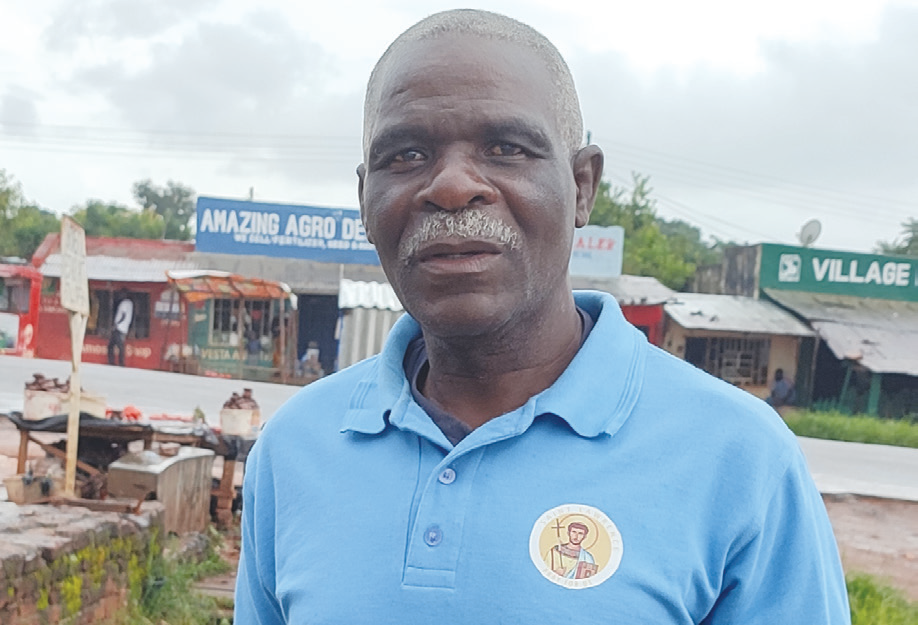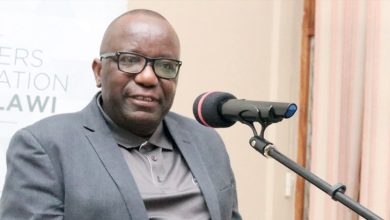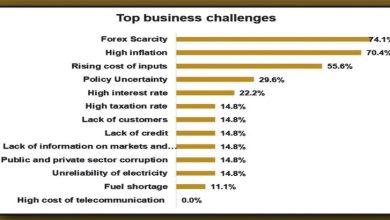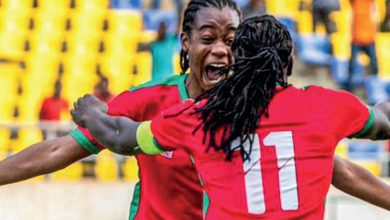2 wait 20yrs to appeal conviction for army commander’s murder
Two former soldiers have waited for 20 years to appeal their conviction for the assassination of former Malawi Defence Force (MDF) Commander General Manken Chigawa.
And three years after the court awarded them K20 million compensation, deposed soldiers Brazio Mkwichi and Andex Chibwana are yet to be paid.

They are now old, destitute, desperate and sick.
“I harbour suicidal thoughts because I am struggling financially despite that I have money somewhere. But then, I remember there is God,” Mkwichi, 59, opens up in an interview.
The duo alongside two others were arrested in 1995 on allegations that they connived with late Lieutenant Colonel James Njoloma to kill Chigawa.
Chigawa was assassinated in 1995 at Tsangano in Ntcheu District as he bought vegetables at a roadside market.
According to court documents, the suspects remained in detention until the matter was finalised on 11 June 1996 when a court martial found them guilty.
As part of their punishment, they were dismissed from MDF, stripped of gratuity and any benefits. Mkwichi was sentenced to five years while Chibwana escaped custodial penalty.
Fruitless chase for appeal
Being dissatisfied with the decision of the court martial, they launched a bid for appeal, which according to court rules, was to be done within a month after conviction.
However, MDF refused to give them court records. Instead, the record was only given to Njoloma, who had been sentenced to 15 years.
Nation on Sunday has a cache of letters the Legal Aid Bureau, which represented the convicted soldiers, wrote to the MDF in late 1990s, 2002, 2005 and 2006, asking for the court documents.
The response was always “we are trying to trace the court martial’s records from our archives”.
Mkwichi, who served his sentence at Domasi, Zomba Maximum, Maula and Mikuyu prisons, in an interview on Friday said the failure to secure an appeal has been haunting him for the past two decades.
“I am innocent. I didn’t take any part in the death of General Chigawa. My wish, up until now, is to be cleared of the charges. Compensation on its own is not enough,” he said.
Upon appealing in the High Court, Njoloma, who died in 1998 while serving his sentence, saw his conviction quashed and cleared of the charges and Mkwichi drew inspiration from that.
“If the alleged assassination plot leader was cleared of the charges, it is very clear that our appeal would have seen us cleared. There is a reason MDF blocked our appeal.
“There is something hidden behind the refusal to furnish us with the court records and that is what we wanted to be exposed,” Lilongwe based Mkwichi, argues.
The right to appeal in criminal proceedings is entrenched in Section 361 of the Criminal Procedure and Evidence Code. This right exists in most democracies to which this country belongs.
Long wait for compensation
The High Court in 2019 awarded K10 million to each one of them in a default judgement under Civil Case Number 506 of 2014.
It followed its ruling that the “decision of the defendant [State] refusing to release a record of proceedings in the court martial for the claimants’ appeal was unconstitutional.”
Court records also show that the two ex-soldiers’ families slid into economic challenges due to termination of their employment and being stripped of gratuity.
Their children failed to go beyond secondary education due to lack of fees, they told the court.
The judgement, delivered by the then High Court assistant registrar Brian Sambo, demanded the government to pay the compensation within 30 days. Three years have passed without any payment.
Mkwichi says he is agonised with the long wait: “I am hurt and I feel let down in our justice system. Imagine after the judgement I borrowed K200 000 from a friend to sort out some problems.
“I haven’t paid back that money and the friend is bitter. It is becoming some task as well to sustain my family. I wish I was paid yesterday.”
Mkwichi disclosed in January this year that they went to Capital Hill to plead with Attorney General Thabo Chakaka-Nyirenda to pay their compensation.
“The Attorney General refused to see us. He said he will call us. I felt bitter mostly because of my friend [Chibwana] who travelled all the way from Zomba and had difficulties in walking because he had a stroke.
“Leaders should be there to serve us and not ignore us. They are holding those positions because of people,” he fumes.
The two have since sought the intervention of the Malawi Human Rights Commission. In a response to our questionnaire, its director of civil and political rights Peter Chisi confirmed receiving their complaint.
“They have struggled to get justice since early 2000. They got a favourable ruling to get compensated but the government is yet to pay them,” he said.
Asked how many related cases they are handling, he responded: “In terms of other cases, the commission handles matters that are not older than three years [36 months]. We are aware that about 25 000 claimants from the defunct National Compensation Tribunal had not been paid by 2004.
“Because of the time limitation issue, we are no longer handling such matters. About 22 cases were referred to the Office of the Ombudsman but they are also time bound.
“We are aware from mutual engagements that the Office of the Ombudsman has tried to engage the office of the President and Cabinet to seek a settlement.”
Chakaka-Nyirenda had not responded to our questionnaire on when the ex-soldiers and others waiting for compensation would be paid out.





